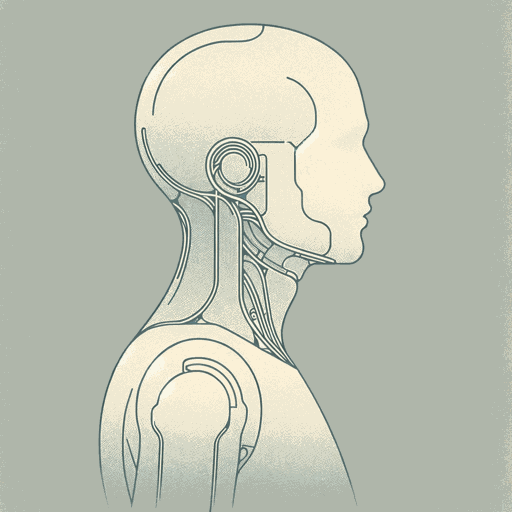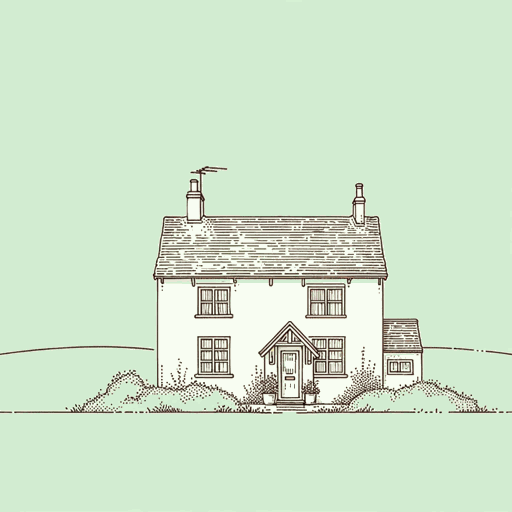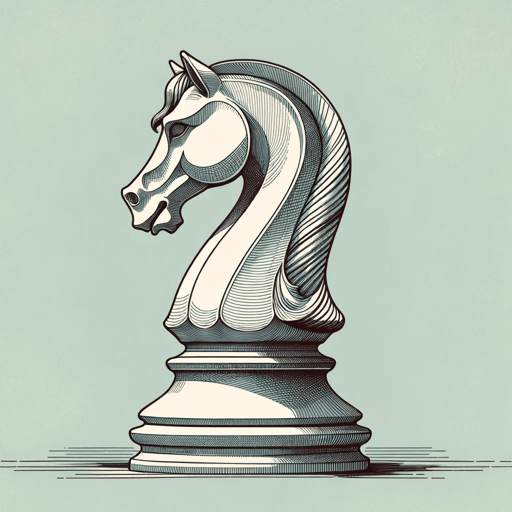46 pages • 1 hour read
Ian McEwanSaturday
Fiction | Novel | Adult | Published in 2005A modern alternative to SparkNotes and CliffsNotes, SuperSummary offers high-quality Study Guides with detailed chapter summaries and analysis of major themes, characters, and more.
Important Quotes
“Standing here, as immune to the cold as a marble statue, gazing towards Charlotte Street, towards a foreshortened jumble of facades, scaffolding, and pitched roofs, Henry thinks the city is a success, a brilliant invention, a biological masterpiece—millions teeming around the accumulated and layered achievements of the centuries, as though around a coral reef, sleeping, working, entertaining themselves, harmonious for the most part, nearly everyone wanting it to work.”
(Chapter 1, Page 3)
Henry Perowne characterizes the city of London as a “success” and a “brilliant invention” that is a “biological masterpiece.” He marvels at the sight of the city teeming with millions of people going about their lives, and he sees them as harmonious and mostly cooperative. The use of the metaphor of a coral reef suggests that the city is a complex and thriving ecosystem, built up over centuries of human achievement. The image of the “foreshortened jumble of facades, scaffolding, and pitched roofs” suggests that the city is a constantly evolving and dynamic place. Overall, the quote conveys a sense of awe and admiration for the city of London, which is seen as a testament to human ingenuity and cooperation.
“That is the other familiar element—the horror of what he can’t see. Catastrophe observed from a safe distance. Watching death on a large scale, but seeing no one die. No blood, no screams, no human figures at all, and into this emptiness, the obliging imagination set free.”
(Chapter 1, Page 15)
The detachment of the observer is emphasized by the acknowledgment of distance and the lack of sensory input. The lack of human figures and the emptiness of the scene are also emphasized, highlighting the absence of a personal connection to the events being witnessed. Overall, the quote suggests that observing a catastrophe from a safe distance can be a horror in and of itself, as it allows for a kind of personal detachment that can allow the mind to run wild, imagining the many variations of possibilities.
Related Titles
By Ian McEwan

Amsterdam
Ian McEwan

Atonement
Ian McEwan

Black Dogs
Ian McEwan

Enduring Love
Ian McEwan

Lessons
Ian McEwan

Machines Like Me
Ian McEwan

Nutshell: A Novel
Ian McEwan

On Chesil Beach
Ian McEwan

Sweet Tooth
Ian McEwan

The Cement Garden
Ian McEwan

The Child in Time
Ian McEwan

The Children Act
Ian McEwan

The Comfort of Strangers
Ian McEwan
Featured Collections
Art
View Collection
British Literature
View Collection
Community
View Collection
Family
View Collection
Fear
View Collection
Historical Fiction
View Collection
Mortality & Death
View Collection
Order & Chaos
View Collection
The Booker Prizes Awardees & Honorees
View Collection
War
View Collection

